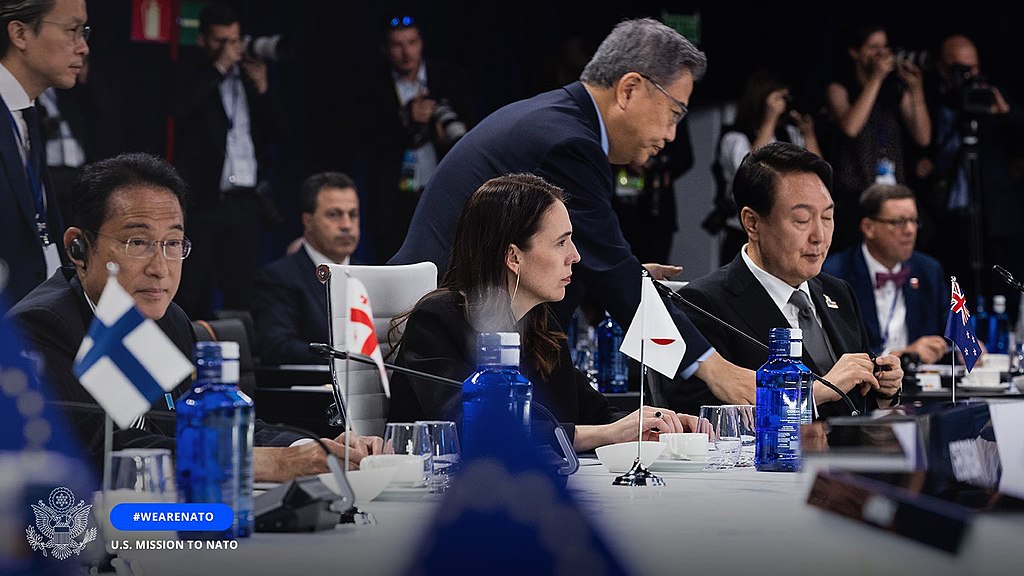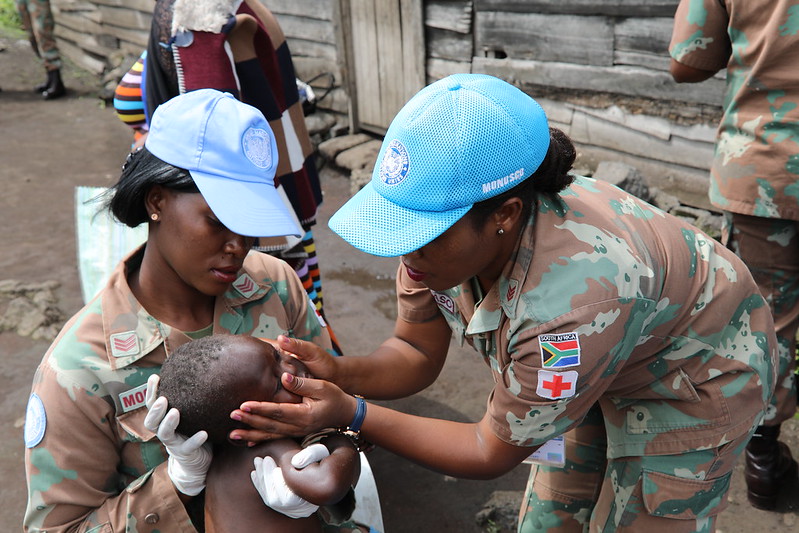If you were to ask any gender equality organization, coalition, collective or feminist action group, most would agree that there needs to be more female leaders. Further, there is a dire need to have more women in leadership as heads of state, Presidents, and in high-level political positions – in 2018, roughly only 23.8% of Read More…
Author: Aimee Tymkin
Aimee is a recent graduate of the University of Winnipeg where she studied Political Science and International Development, with a particular research focus on China-Canada relations, as well as the broader Indo-Pacific. Her research interests include women and migrants in armed conflict, peacebuilding, and disarmament. She has a strong background in non-governmental organizing around women's rights, namely with the Institute for International Women's Rights - Manitoba on the International Initiatives Committee. Aimee is also involved with the Canadian Federation of Students - Manitoba, where she serves on the Provincial Executive Committee as Women's Commissioner. She has worked at Global Affairs Canada in the sub-Saharan Africa branch, Southern and Eastern Africa Bilateral Relations. In March of 2023, Aimee was chosen to serve as a national delegate for Canada at the United Nations 67th Commission on the Status of Women, led by Women and Gender Equality Canada. Aimee is currently studying for a Master's degree in International Affairs at the Norman Paterson School of International Affairs at Carleton University.
The Power of Women in Peacekeeping and its Promise for Security
It’s no secret that much of the scope of international relations, especially the security sector, is a world dominated by men. In high-level political forums, military zones, negotiation processes – women are still largely outnumbered by men in these spaces. However, the power of women in peacekeeping and peace operations cannot go understated. Women who Read More…


